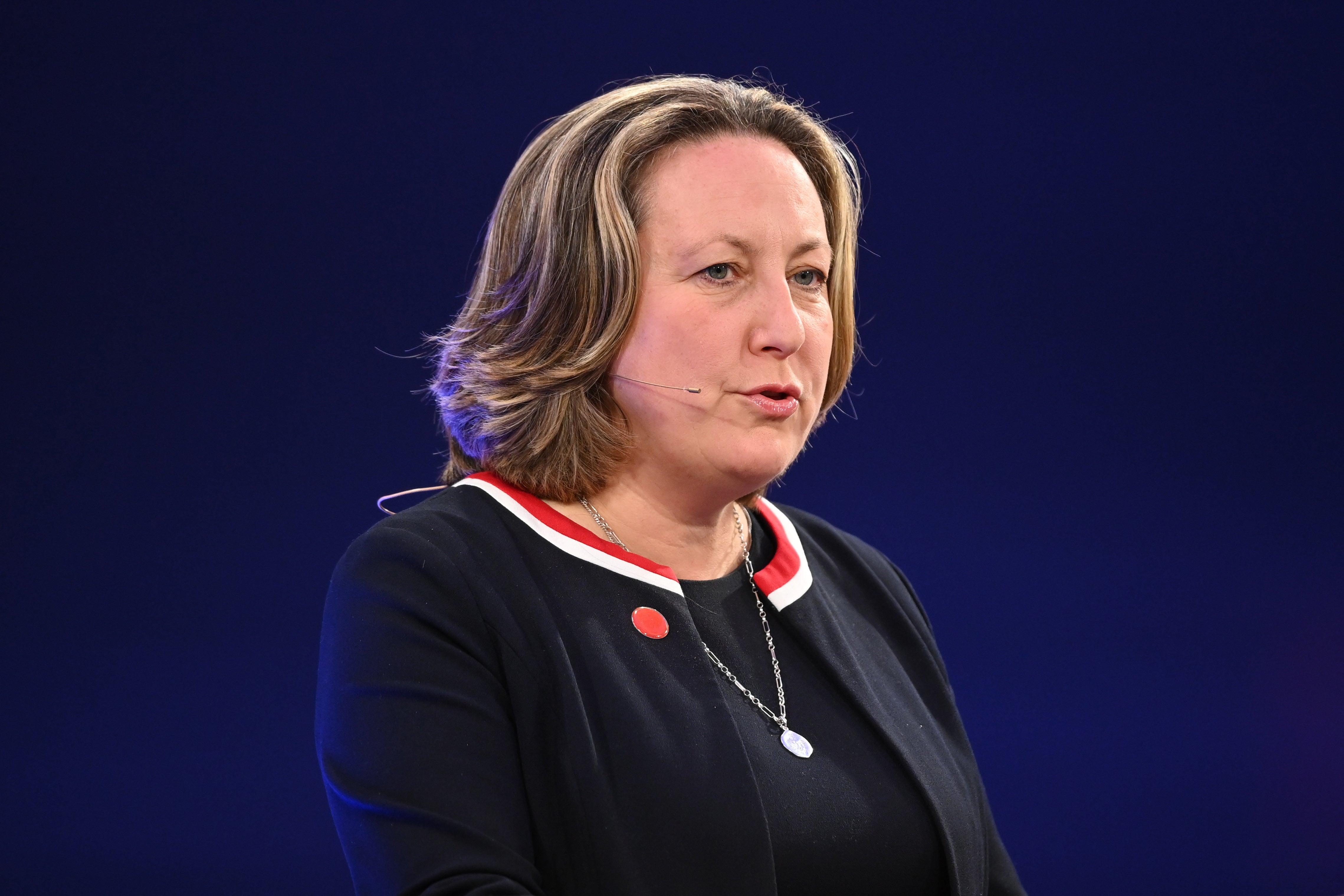Boost to economy from India trade deal as little as 0.12%, government admits
‘Everything on the table,’ says trade secretary Anne-Marie Trevelyan as she launches talks

Your support helps us to tell the story
From reproductive rights to climate change to Big Tech, The Independent is on the ground when the story is developing. Whether it's investigating the financials of Elon Musk's pro-Trump PAC or producing our latest documentary, 'The A Word', which shines a light on the American women fighting for reproductive rights, we know how important it is to parse out the facts from the messaging.
At such a critical moment in US history, we need reporters on the ground. Your donation allows us to keep sending journalists to speak to both sides of the story.
The Independent is trusted by Americans across the entire political spectrum. And unlike many other quality news outlets, we choose not to lock Americans out of our reporting and analysis with paywalls. We believe quality journalism should be available to everyone, paid for by those who can afford it.
Your support makes all the difference.The UK’s prospective post-Brexit trade deal with India could boost the British economy by as little as 0.12 per cent, the government has estimated.
International trade secretary Anne-Marie Trevelyan welcomed the “golden opportunity” of a free trade agreement as she launched negotiations with her Indian counterpart in New Delhi on Thursday.
A deal could increase Britain’s gross domestic product (GDP) “between 0.12 per cent and 0.22 per cent in the long run”, according to a strategy document published by the Department for International Trade (DIT).
It is hoped that any new agreement would include cutting tariffs on exports of British-made cars and Scotch whisky, with UK negotiators angling for a deal that slashes barriers to trading.
Ms Trevelyan said she would like a deal to be clinched by early 2023, with the first round of formal negotiations expected to start next week.
“This is the first of my important agreements this year as Britain sets out on her independent journey post-Brexit,” she told reporters on Thursday.
Indian prime minister Narendra Modi is believed to have made easier immigration to the UK a key demand for a new trade agreement.
But Boris Johnson last week denied there was any plan to ease visa requirements, telling Brexiteer MP Sir Edward Leigh in the Commons: “We don’t do free trade deals on that basis.”
However, in an interview with the Financial Times on Thursday, Ms Trevelyan said “everything is on the table to discuss” – including broadening visa access for Indian students and skilled workers.
She said: “At the end of the day, I will take back to cabinet a deal which I think is great for UK businesses and provides opportunities for them to see trade and investment growth going forward.”
Speaking at the launch of negotiations, Piyush Goyal, India’s minister of commerce and industry, said “the Indian diaspora in Britain is a bridge between the two countries and can add a lot of dynamism to their relationship”.
The DIT said the deal had the “potential” to almost double UK exports to India and boost two-way trade by £28bn a year by 2035.
The department’s strategy document also said that estimates point to a long-run increase in UK GDP equivalent to £3.3bn in 2035, up to £6.2bn in 2035, depending on the depth of the agreement.
The US has shelved talks on a free trade agreement with the UK, despite a recent visit to Washington by Ms Trevelyan.
Farming bodies and environmentalists have attacked the recent trade deal struck with Australia, accusing the government of damaging British agricultural exports and lowering standards.
Join our commenting forum
Join thought-provoking conversations, follow other Independent readers and see their replies
Comments